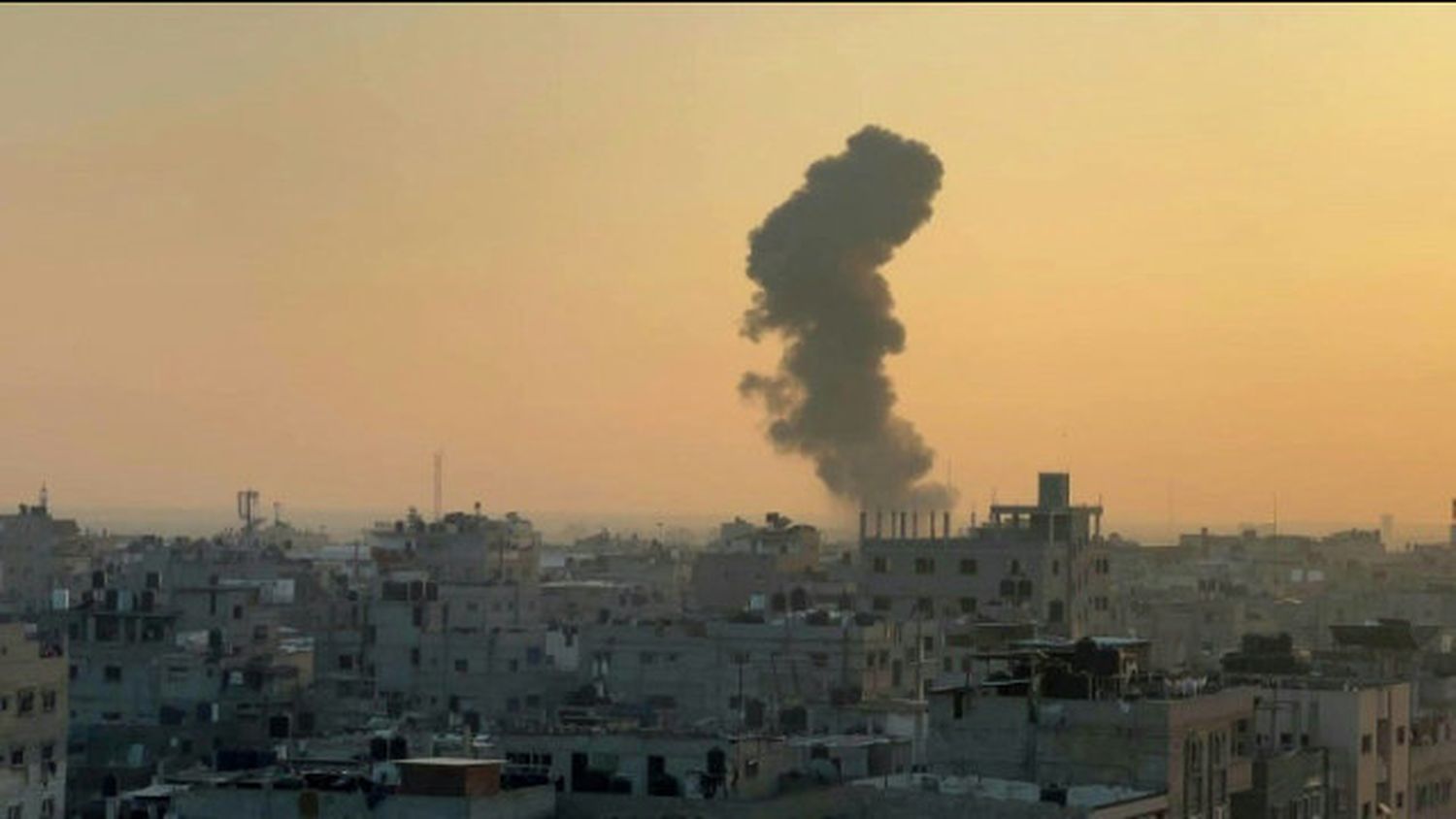Israel-Gaza War
Hopes of Gaza Ceasefire Rise as Hamas Delegation Arrives in Cairo
Hopes have been raised for a potential ceasefire in the Gaza Strip, a high-ranking delegation from Hamas has arrived in Cairo for talks aimed at negotiating an end to the ongoing conflict with Israel. The arrival of the delegation in the Egyptian capital marks a crucial step in international efforts to broker peace and halt the violence that has claimed thousands of lives and displaced millions.
The delegation, led by Khalil al-Hayya, the deputy head of Hamas in the Gaza Strip, is expected to discuss a comprehensive agreement that could lead to a lasting truce between the two sides. This move comes amid escalating tensions and a humanitarian crisis in Gaza, where Israeli military operations have resulted in significant casualties and widespread destruction.
The talks in Cairo are being mediated by Qatar and the United States, highlighting the international community's urgency in seeking a resolution to the conflict. The negotiations are particularly significant given the looming threat of an Israeli ground offensive in Rafah, a scenario that could lead to further devastation and loss of life.
According to sources, the Hamas delegation's visit to Cairo is aimed at submitting the group's response to the latest Israeli proposals. These proposals reportedly include discussions on the "restoration of sustainable calm" in Gaza and the release of approximately 130 Israeli captives still held in the enclave. The negotiations are expected to focus on a phased de-escalation of the conflict, starting with the release of a smaller number of captives, including women, children, and older captives, in exchange for Palestinian prisoners in Israeli jails.
The talks have taken on increased urgency due to growing indications that Israel might launch a ground assault on Rafah, where 1.5 million displaced Palestinians are currently residing. Israeli Foreign Minister Israel Katz has stated that the government might postpone its declared Rafah offensive if the Cairo talks result in a deal, underscoring the critical nature of the negotiations.
International reactions to the ongoing conflict and the ceasefire negotiations have been mixed. Palestinian Authority President Mahmoud Abbas has warned of the catastrophic consequences of failing to prevent an Israeli assault on Rafah, describing it as "the biggest catastrophe in the Palestinian people's history." Meanwhile, Qatari Ministry of Foreign Affairs spokesperson Majed al-Ansari has urged both parties to demonstrate "more commitment and more seriousness" in the ceasefire negotiations.
The ceasefire talks are not without their challenges. Israeli Prime Minister Benjamin Netanyahu faces domestic pressure, with National Security Minister Itamar Ben-Gvir and Finance Minister Bezalel Smotrich threatening to "dismantle" the government if the truce involves concessions to Hamas. On the other hand, opposition leader Yair Lapid has advocated for a deal focused on the release of Israeli captives, highlighting the complex political dynamics at play.
As the Hamas delegation engages in talks in Cairo, the international community watches closely, hopeful that a breakthrough can be achieved to end the violence and bring relief to the millions affected by the conflict. The outcome of these negotiations could have far-reaching implications for the future of Gaza and the broader Middle East region.

